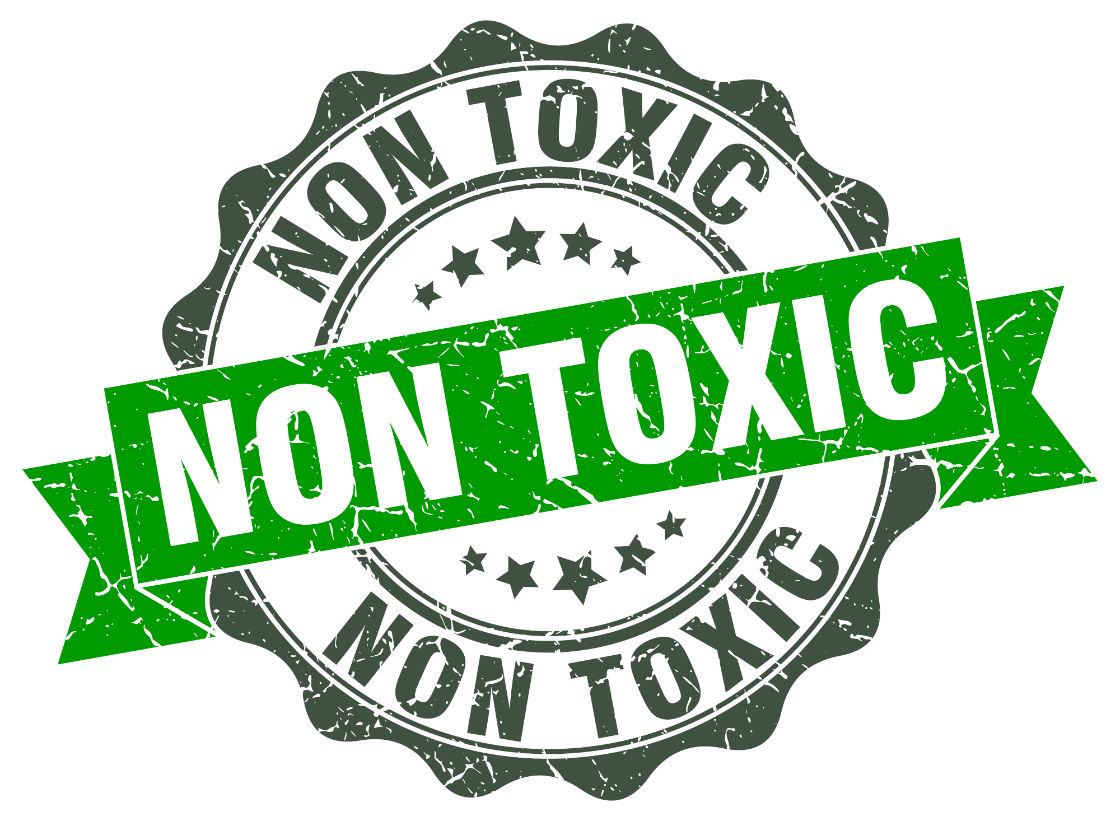The “I” topic for influence comes up regularly in my emerging leader coaching calls. Individuals frustrated with their assignments or feeling as if they’re being bypassed for the best opportunities mostly share one common thread: they are under-invested in striving to grow their workplace influence.
Many don’t like this topic. “It sounds like organizational politics,” offered one individual. Another suggested, “I just don’t want to play those games.” A third added: “I keep my head down, do my work and expect to be rewarded for my results.”
My short responses in order are:
Yes, influence and organizational politics are closely connected. Of course, I’m not sure that’s a bad thing depending upon how you engage.
No one wants you to play games. We don’t have time for it.
Hope has never proven to be a great strategy.
Yes, the topic of cultivating influence makes individuals think about office politics, cliques, favoritism, or the idea of games.
If increasing your impact, helping your team members get ahead, and ultimately gaining access to the key projects or becoming part of your organization’s decision-making group is important to you, it’s imperative to develop a healthy relationship with the influence topic.
Not convinced? Consider these five facts of organizational life.
Five Unavoidable Facts of Organizational Life
- Everywhere humans gather, a political environment emerges.
- In every political environment, some individuals develop more influence than others.
- Those who have the most influence decide what gets done and who does what
- Influence doesn’t accrue accidentally—it takes deliberate effort to cultivate the right relationships.
- You don’t get to claim, “I don’t want to play those games.” (See number four: those games are all about relationship development.)
Reframe Your View on Influence Development Around “Clean Power”
Cultivating influence doesn’t have to involve back-stabbing and toe-stomping. It does require deliberate work to growing relationships, creating value for those in positions of authority, and learning to advocate for yourself and your team members. Learning to solve problems in your organization’s gray-zones is powerful means of growing your influence as well.
The common denominator in these actions is the absence of anything that might smell of what we associate with dirty politics or games. Embracing a “clean power” approach to growing your influence in the workplace is liberating and game-changing.
The Bottom Line for Now:
If you feel you’re moving too slowly in your advancement or are on the outside looking in at the larger strategic initiatives and critical decisions, don’t expect anything to change unless you take action to grow your influence. Of course, you have total discretion over how you choose to engage. Do it in a way that allows you to look in the mirror and be comfortable with the face staring back at you.
![]()
—
Suggested Resource:
Our evergreen on-demand e-learning course: The Influence Course.

